Reality Check: Would EU exit prompt 10-year uncertainty?
- Published
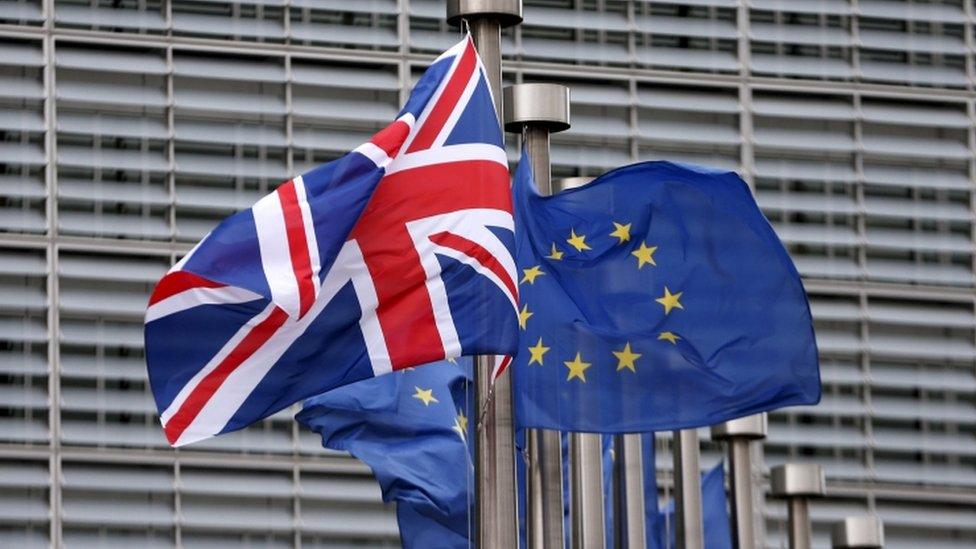
"A vote to leave the EU... could lead to up to a decade or more of uncertainty." So claimed page eight of a 23-page document published by the government setting out what it sees as the process for withdrawing from the European Union.
This is not the first and will not be the last such government document - and it is worth remembering the government is not impartial: it is committed to making the case for the UK to stay in the European Union and so will frame its arguments accordingly.
For a start, the opening sentence of the executive summary of the paper, external is contestable: "The result of the referendum on the UK's membership of the European Union will be final," it says.
Well, the government would say that, wouldn't it?
The former Conservative leader, Lord Howard, is one of a number of figures to suggest this might not actually prove to the case.
The government's case is based on another sentence early on in this document: "the only lawful way to withdraw from the EU" is "set out in Article 50 of the Treaty on European Union".
It turns out that is contested too: but we'll come back to that.
Precedents?
Let us first take a look at Article 50. It is the mechanism set out in the EU rule book, the Lisbon Treaty, for countries that want to leave. It says that negotiations would last two years and after that the UK would cease to be a member of the EU, unless the other 27 states unanimously decided to extend the negotiations.
So, has it ever been triggered before?
The short answer is "no".
Which allows pro-EU types to indulge in no end of speculation about what triggering it might mean - without anyone being able to flatly and categorically contradict them.
The slightly longer answer is there is a precedent - sort of.

Greenland reached a deal with the European Community three years after voting to leave it
Greenland voted to withdraw from the European Community, the organisation that preceded the EU, in 1982.
Bear with me on this one.
Having gained a high level of autonomy from Denmark in 1979, Greenlanders had a referendum to decide whether to stick with Brussels or reject it - and they rejected it.
A deal was reached three years later, after difficult and protracted negotiations, mainly over fisheries.
If that last sentence does not sate your interest in Greenlandic politics, you can read more from Carolyn Quinn's trip there for BBC Radio 4.
Another way?
Those in government might argue that if it took Greenland three years, which is not much more than a big block of ice and not many people, imagine how long it might take the UK?
A deal for the UK, on the face of it, could be infinitely more complicated and the negotiations much, much lengthier, especially if it wanted to retain full access to the single market.
The other 27 EU countries would be in charge of the timetable and a new deal for the UK would have to be approved by the European Parliament and the remaining 27 EU countries by Qualified Majority Voting.
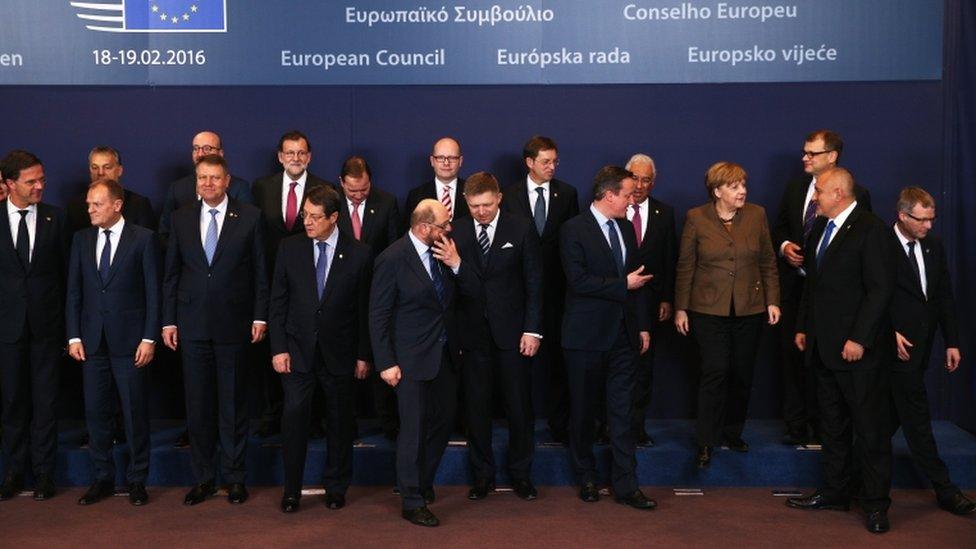
It would be up to EU leaders to set the timetable for negotiating a deal with Britain if it voted to leave the bloc
But, the UK would remain a member of the EU, under the current terms, for as long as the negotiations are ongoing.
Still with me? Thank you for your stamina.
Here comes a twist: do you actually need to trigger Article 50 if you want to leave?
The flip side of it never having been triggered is do we know, absolutely definitively, it would have to be?
'Article 50 unnecessary'


READ MORE: The truth behind claims in the EU debate

A Vote Leave briefing note sets out that a Leave vote would not create a legal obligation to trigger Article 50.
They point to a decision by the UK Supreme Court in relation to the Scottish independence referendum, which set out that a Yes vote in that contest would not itself have triggered independence, that would have been a decision for the UK parliament to endorse in light of the Yes vote. You can read more about that here., external
They argue the same would apply after the EU referendum.
The briefing note then adds: "There is no need for negotiations to take place within the framework of Article 50. The UK can negotiate its withdrawal with other EU member states at any time without triggering Article 50."
And it concludes, that as so often in the EU, what would actually happen would be driven by the political reality of the outcome of the referendum, rather than documents drawn up years earlier anticipating hypothetical events in the future.
So where does all this leave us?
Alas, just where we are so often with this Reality Check series on the EU Referendum.
It is something of a mug's game: so many apparent "facts" and "statistics" are contestable and many are unprovable until after the referendum.
Put on your statistical tin hat: there are plenty more coming your way before June.
- Published26 February 2016
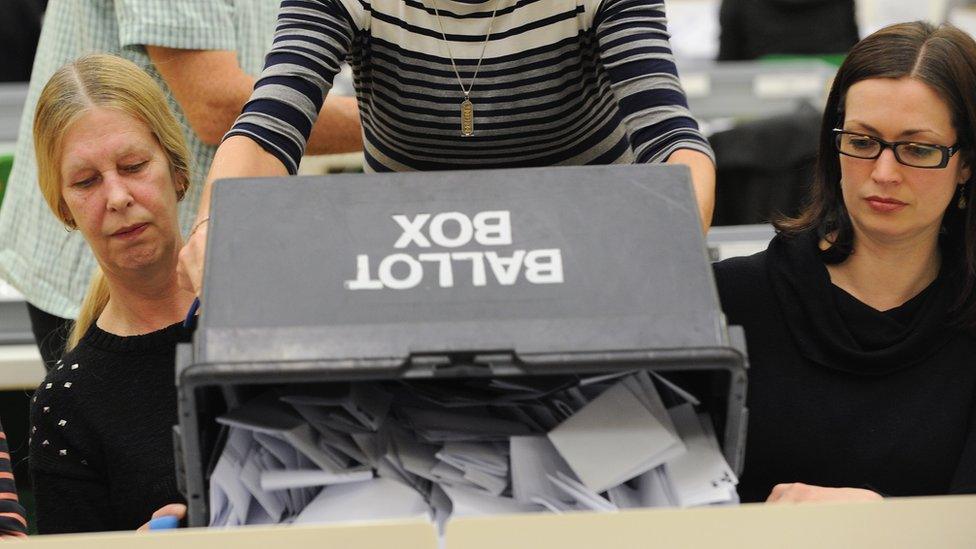
- Published26 February 2016
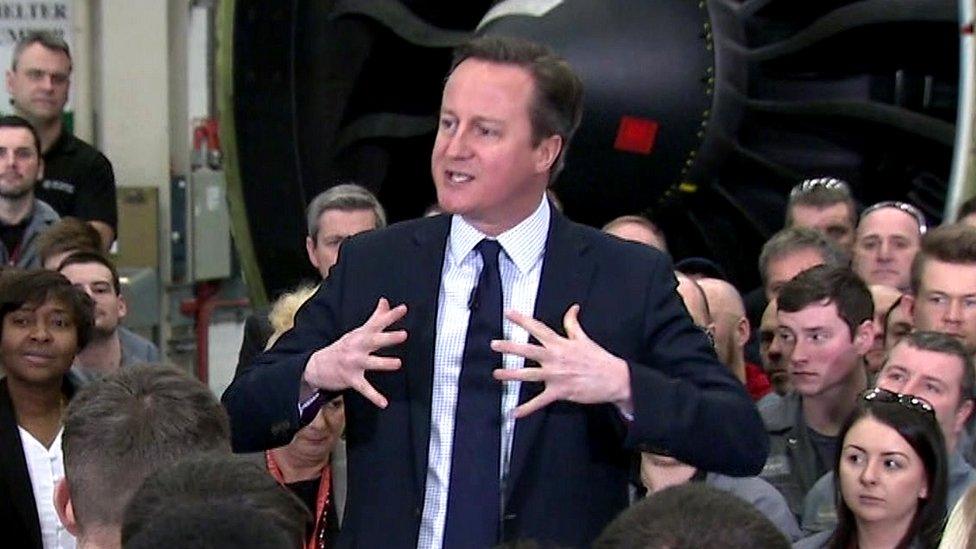
- Published30 December 2020

- Published29 February 2016
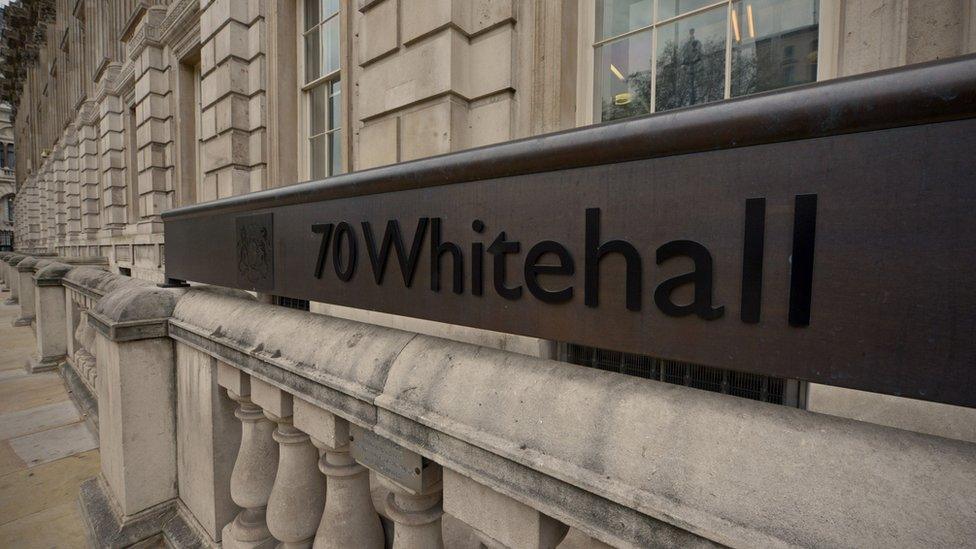
- Published24 February 2016
